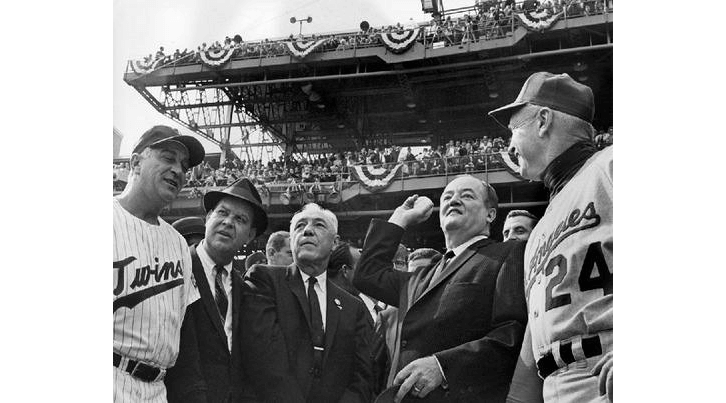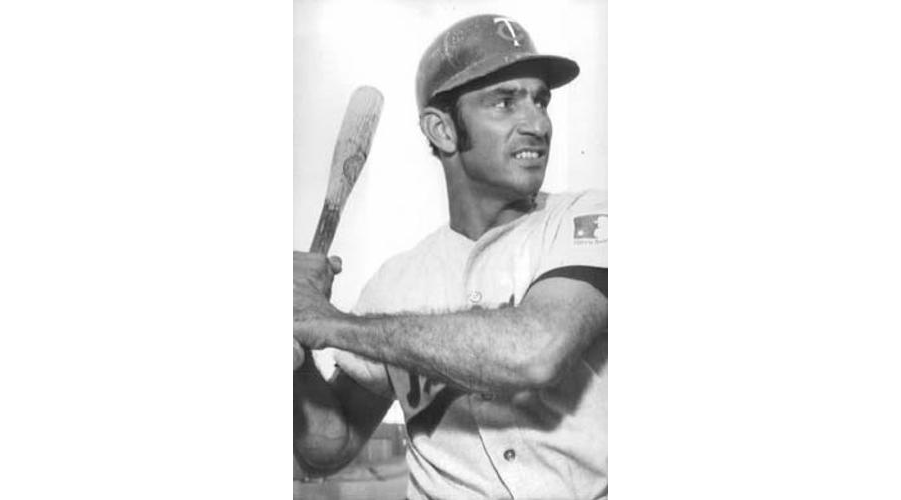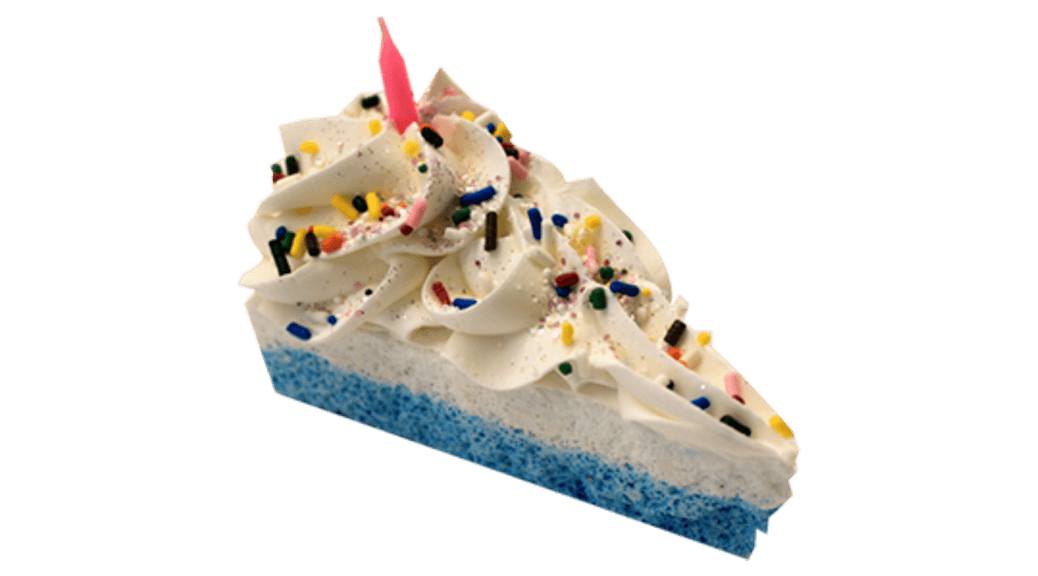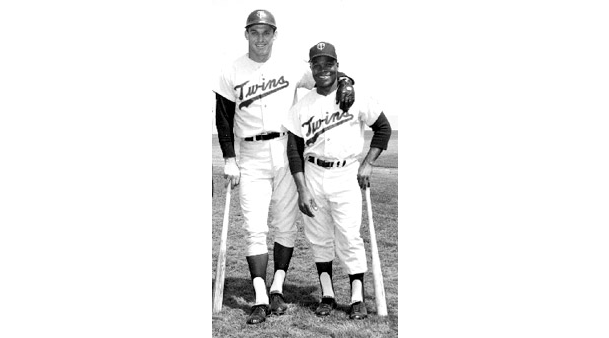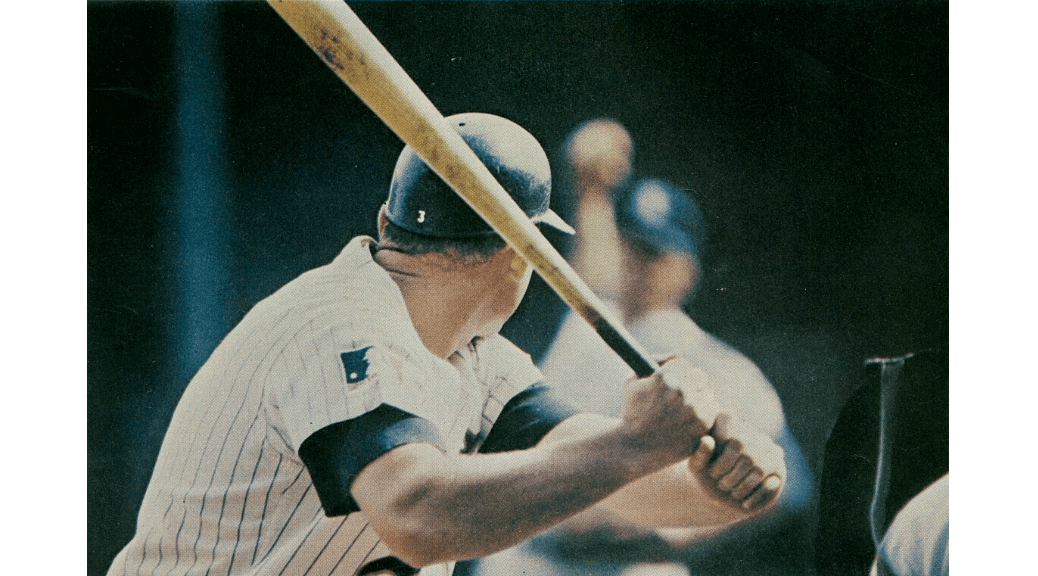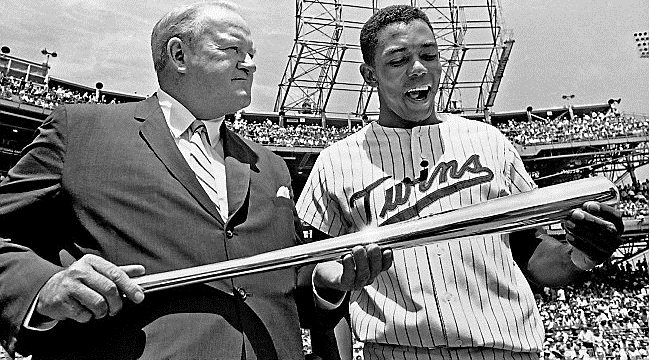Kitty Bransfield (1875)
Al Todd (1902)
Johnny McCarthy (1910)
Johnny Mize (1913)
Alvin Dark (1922)
Dick Schofield (1935)
Jim Hannan (1940)
Jim Lefebvre (1942)
Tony Conigliaro (1945)
Joe Keough (1946)
Ross Grimsley (1950)
Bob Gorinski (1952)
Jeff Montgomery (1962)
Craig Shipley (1963)
Allan Anderson (1964)
Rob Radlosky (1974)
Alfonso Soriano (1976)
Eric Gagne (1976)
Brayan Pena (1982)
Francisco Rodriguez (1982)
Edwin Encarnacion (1983)
Jon Lester (1984)
Outfielder Joseph William Keough did not play for the Twins, but he went to spring training with them in 1974. Born and raised in Pomona, California, he attended Mt. San Antonio College in Walnut, California and was drafted by the Kansas City Athletics in the fourth round in 1965. His best minor league year was 1967, when he hit .294 with 18 homers with Class A Leesburg. He never showed that kind of power again, but his average stayed high the rest of his minor league career. He reached the majors for the first time in 1968, when he was with Oakland for the last two months of the season as a part-time player and hit a home run off Lindy McDaniel in his first major league at-bat. He was left unprotected in the expansion draft and was chosen by the Kansas City Royals. He was there most of the season, with his highlight coming on opening day, when he delivered a pinch-hit, game-winning single. His best major league year, and in fact his only good major league year, came in 1970, when he hit .322 with an OPS of .839 in 183 at-bats until a broken leg ended his season on June 28. He was the starting right fielder in 1971, but hit .248 and gradually lost the playing time. He was mostly a pinch-hitter in 1972 and was traded to the White Sox after the season. He spent nearly the entire 1973 season in the minors, coming up for about two weeks in July and playing in five games, four as a pinch-runner and one as a pinch-hitter. He was sold to Minnesota after the season, but did not make the team in 1974 and his playing career came to an end. He is a member of the Mt. San Antonio College Hall of Fame. He is the brother of big-league outfielder Marty Keough and the uncle of big-league pitcher Matt Keough. There are more people in the world named Joe Keough than one might think. No information about Joe Keough’s current life is readily available.
Outfielder Robert John Gorinski played for Minnesota in 1977. His uncle, Walt Gorinski, played in the NFL for the Pittsburgh Steelers. Bob was born in Latrobe, Pennsylvania, went to high school in Calumet, Pennsylvania (where he played shortstop), and was drafted by Minnesota in the first round in 1970. He was primarily a power hitter in the minors, hitting 30 homers in Class A Wisconsin Rapids in 1971 and 23 homers in Class A Lynchburg in 1972. Presumably, he was held in Class A that long despite the homers due to a low batting average and a high strikeout total. His best year in the minors came in 1976, when he hit .285 with 28 homers and 110 RBIs for AAA Tacoma (he also struck out 130 times). Surprisingly, he did not get a September call-up that year, but he was with the Twins for all of 1977, his only year in the majors. He was used sporadically as a pinch-hitter and reserve outfielder, which is not the best way for a strikeout-prone slugger to find his stroke. The results showed that--he hit .195/.226/.322 with three home runs in 118 at-bats. He went back to AAA Toledo in 1978, had a poor year, and was released. Gorinski spent 1979 with the AAA teams of the Mets and the Cubs, did not hit well, and his playing career was over. He returned to his home state of Pennsyvania, settling in Mount Pleasant, and coached little league there for many years. At last report, he was still living in the Mount Pleasant area.
All of left-handed pitcher Allan Lee Anderson's major league career, 1986-1991, was with Minnesota. He was born in Lancaster, Ohio and attended high school there. Anderson was drafted by Minnesota in the second round in 1982. He had an outstanding year in 1984 for Class A Visalia, going 12-7 with a 2.86 ERA in 188 innings. He was jumped to AAA the next year and struggled for a while there, but despite what appears to have been a poor start at Toledo in 1986, he was called up to the Twins in mid-June. He did not pitch well that year, nor did he do well the next year in a season mostly spent in AAA. In 1988, however, Anderson had his career year. Called up to the Twins in late April, he went 16-9, leading the league in ERA (2.45) and ERA+ (166). He did not pitch the last day of the season to preserve his ERA title, which caused some controversy, but he did pitch over 200 innings that season. Anderson did not repeat that year in 1989, but he still had a good year, going 17-10, 3.80. His luck ran out after that, however, and after a couple of sub-par seasons in 1990 and 1991 he became a free agent. Anderson signed with the Yankees, but was injured for almost the entire season, making one rehab appearance in Ft. Lauderdale. He split 1993 between the AAA teams of Texas and Cleveland, but could never come back, and his career was at an end. Allan Anderson was 49-54, 4.11 for his career. He pitched in 148 games, 128 of them starts, working 818.2 innings. One source states that Allan Anderson is living in Columbus, Ohio, and is employed as a firefighter, but this appears to be a different Allan Anderson. At last report, our Allan Anderson had returned to his home town of Lancaster where he was a realtor and auctioneer. He also owned AASports, an indoor baseball training facility.
Allan Lee Anderson's major league career, 1986-1991, was with Minnesota. He was born in Lancaster, Ohio and attended high school there. Anderson was drafted by Minnesota in the second round in 1982. He had an outstanding year in 1984 for Class A Visalia, going 12-7 with a 2.86 ERA in 188 innings. He was jumped to AAA the next year and struggled for a while there, but despite what appears to have been a poor start at Toledo in 1986, he was called up to the Twins in mid-June. He did not pitch well that year, nor did he do well the next year in a season mostly spent in AAA. In 1988, however, Anderson had his career year. Called up to the Twins in late April, he went 16-9, leading the league in ERA (2.45) and ERA+ (166). He did not pitch the last day of the season to preserve his ERA title, which caused some controversy, but he did pitch over 200 innings that season. Anderson did not repeat that year in 1989, but he still had a good year, going 17-10, 3.80. His luck ran out after that, however, and after a couple of sub-par seasons in 1990 and 1991 he became a free agent. Anderson signed with the Yankees, but was injured for almost the entire season, making one rehab appearance in Ft. Lauderdale. He split 1993 between the AAA teams of Texas and Cleveland, but could never come back, and his career was at an end. Allan Anderson was 49-54, 4.11 for his career. He pitched in 148 games, 128 of them starts, working 818.2 innings. One source states that Allan Anderson is living in Columbus, Ohio, and is employed as a firefighter, but this appears to be a different Allan Anderson. At last report, our Allan Anderson had returned to his home town of Lancaster where he was a realtor and auctioneer. He also owned AASports, an indoor baseball training facility.
Right-handed reliever Robert Vincent Radlosky was with Minnesota for about a month in 1999. He was born in West Palm Beach, Florida, but attended high school in West Haven, Connecticut. He was drafted by the Twins in the 22nd round in 1993. A starter in the minors, his numbers are up-and-down for his minor league career. His best year was 1997, when he posted a 2.59 ERA and a 0.97 WHIP in 128 innings at Fort Myers, his second year there. Radlosky pitched in AA in 1998 and AAA in 1999, not pitching badly but not really looking particularly impressive, either. As has been observed before, the late-90s Twins were desperate for pitching, so even a pitcher who was mediocre in AAA had a good chance of being called up. In late May of 1999, when Eddie Guardado went on the disabled list, Radlosky was called up. He made seven relief appearances for Minnesota, pitching 8.2 innings and giving up 12 runs (seven home runs), for an ERA of 12.46. Back in the minors in 2000, the Twins released him part-way through the season. He signed with Boston, finished out the season there, and then his career was over. At last report, Rob Radlosky was employed by Diamond Mind, Inc., maker of baseball simulations games, in Beaverton, Oregon.

